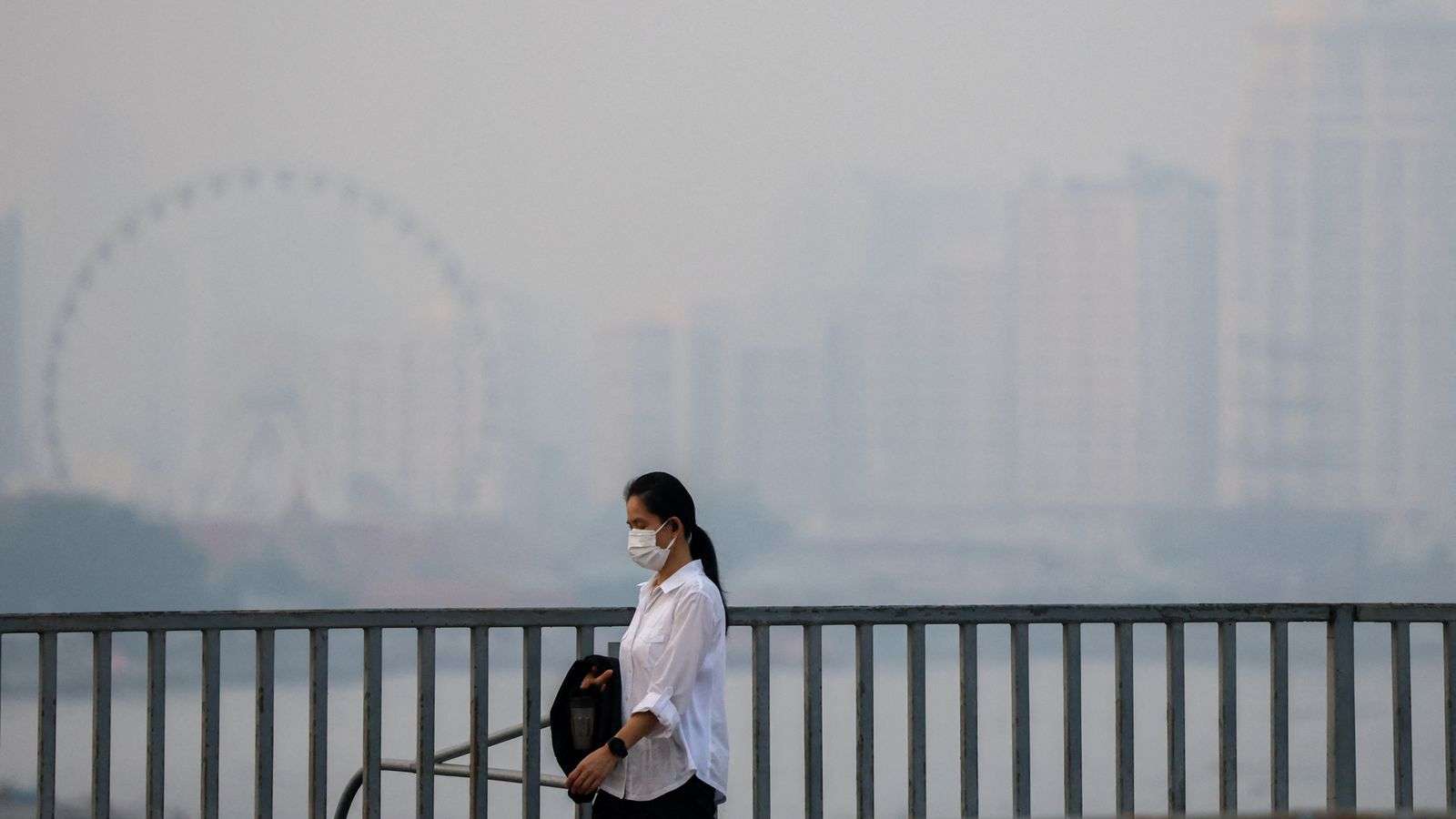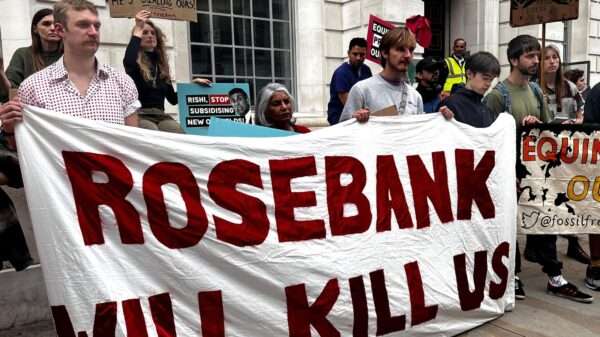Thailand is once again facing a severe air pollution crisis, with Bangkok recently ranking as the fourth most polluted city in the world. In response, authorities ordered the closure of over 350 schools in an effort to protect children from the hazardous levels of smog. This alarming situation underscores the persistent challenge of air pollution in Thailand, much of which is attributed to seasonal agricultural burning, vehicle emissions, and industrial activities.
One of the key contributors to Thailand’s worsening air quality is transboundary smog, which drifts in from neighboring countries such as Myanmar, Laos, and Cambodia. Agricultural burning, particularly the widespread slash-and-burn farming method used in these regions, releases vast amounts of fine particulate matter (PM2.5) into the atmosphere. These microscopic pollutants can travel long distances, exacerbating air quality issues in Thailand. Despite regional agreements aimed at tackling cross-border pollution, enforcement remains weak, leaving Thailand vulnerable to recurring smog episodes.
In an attempt to combat the crisis, Thailand has turned to cloud seeding—an artificial rainmaking technique that involves dispersing chemicals into clouds to induce precipitation. Dubbed the ‘Rainmakers,’ these operations are aimed at washing away pollutants from the air. While cloud seeding can provide temporary relief, it is far from a long-term solution to the country’s persistent pollution problem.
Authorities have also implemented other emergency measures, such as restricting industrial emissions, tightening vehicle inspections, and advising residents to stay indoors. However, without addressing the root causes of pollution—both domestic and transboundary—such efforts remain largely reactive rather than preventive.
Thailand’s battle against air pollution highlights the urgent need for long-term strategies. Stricter regulations on agricultural burning, investment in cleaner energy sources, and improved air quality monitoring are essential. Moreover, stronger regional cooperation with neighboring countries is crucial in mitigating transboundary smog.
Until more sustainable policies are enforced, millions of Thai citizens will continue to suffer from hazardous air conditions, with vulnerable populations—including children and the elderly—at the highest risk. The fight for cleaner air in Thailand is far from over, and without decisive action, the smog crisis will only worsen in the years to come.








































